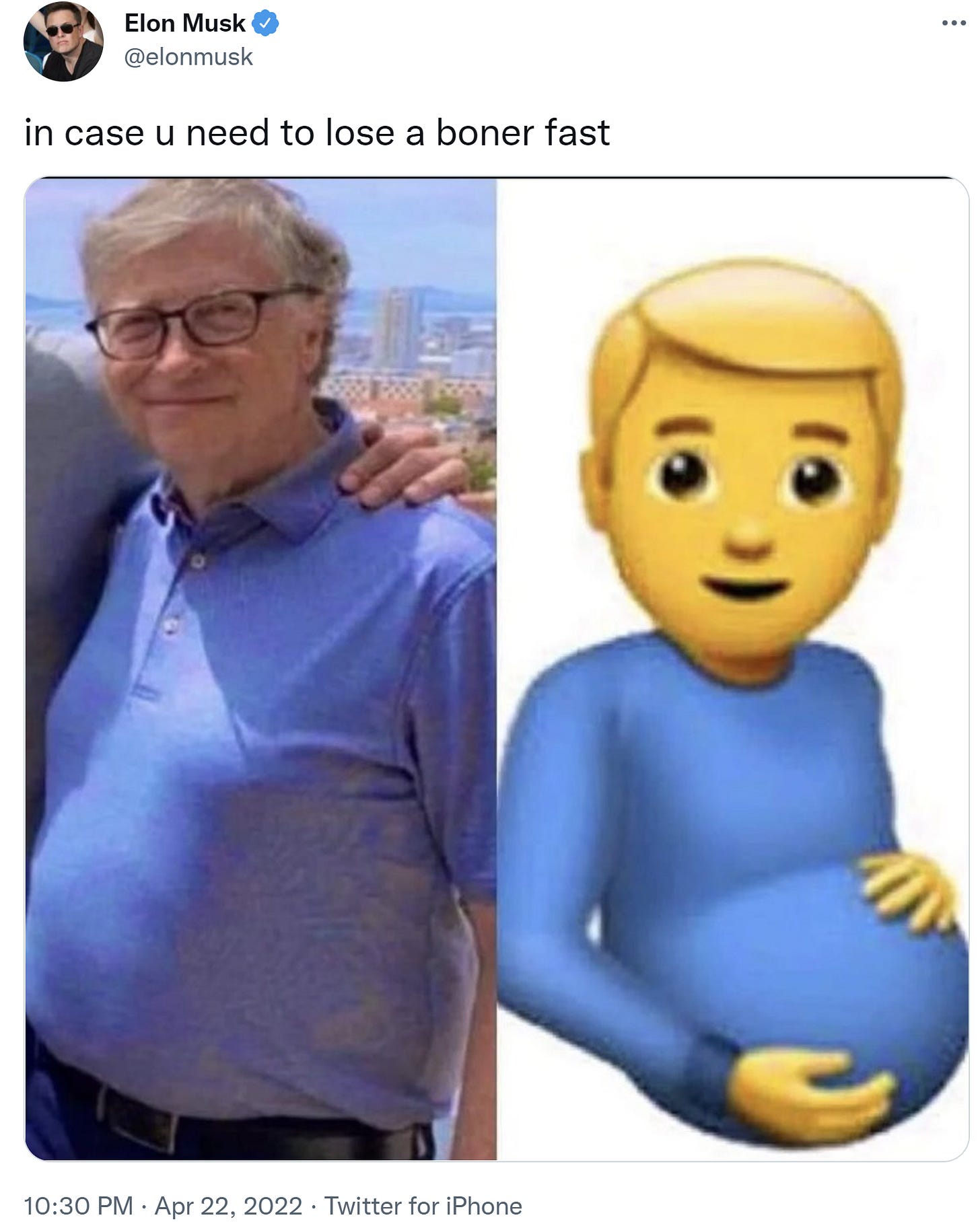Tesla Splitsville
Tesla will split its stock, as expected, while investors & analysts remain split over Tesla’s falling sales & profitability and whether CEO Elon Musk has become its biggest liability.
There were few surprises at Tesla’s (TSLA 0.00%↑) annual meeting last week which included, as expected, shareholders’ approval of the proposed 3-1 stock split effective August 25th. This marked the company’s second split after the 5-1 in August last year.
CEO Elon Musk also amended many of the same long unfulfilled targets—as he has done every year. The overdue Cybertruck, unveiled in 2019, is further delayed until next year, as I expected. Likely even longer for the Semi-truck and Tesla’s notorious 4680 battery (which I have doubted since before its unveiling). We won’t hold our breath. The new Roadster and $35,000 Model 3 and $25,000 hatchback, all also promised for years, no longer get even a mention.
Also typical was Tesla’s glaring failure to disclose that California’s Department of Motor Vehicles filed a week earlier, on July 28th, two formal complaints accusing the company of “deceptive marketing or advertising practices around its Autopilot and Full Self-Driving systems.”
The complaints cite dubious claims Tesla has made for years like “All new Tesla cars have the hardware needed in the future for full self-driving in almost all circumstances. The system is designed to be able to conduct short and long distance trips with no action required by the person in the driver’s seat.”
Cited claims are still being made by Tesla, like this quoted from its website:
Don’t try this at home kids. Here’s what I wrote when Smart Summon was released in 2019:
Tesla’s escalating problems with Autopilot were quickly exacerbated as early users of Smart Summon revealed a product best described as late-stage beta. When users weren’t aiming their empty cars at their toddlers and dogs for live response tests, or watching their cars crash into their garages, they were sending their cars meandering around neighborhood streets and public parking lots filled with hapless drivers and pedestrians with mixed results as the cars may or may not stay within lines marking lanes or out of ditches and bushes.
Consumer Reports said customers are effectively being used as beta testers who are paying an extra $6,000 for an option to help Tesla's "science experiment." Adding, "We found that the automation was glitchy and at times worked intermittently, without a lot of obvious benefits for consumers."
NHTSA also has taken an interest in Smart Summon, which it can add to its growing Tesla file. NHTSA just announced a new probe to investigate potential safety hazards in connection to battery fires in Tesla cars.
Tesla's Q3 "Magic" Fades Quickly In Q4, 11/19/19
Serious problems with Autopilot have only escalated since then, with now at least 37 crashes and 17 deaths, and counting, under investigation by the NHTSA.
Musk responded petulantly to this latest regulatory entanglement, as he does, with a provocative tweet saying Tesla is going to release a new Autopilot Beta version named with a sexual reference.
This wasn’t his first or worst sex joke-as-insult, just the latest of many.
Also wasn’t an isolated stab at regulators.
Remember, Elon Musk is 51 years old and a father of 10—not a 12-year-old boy.
He’s also the richest man on the planet and CEO of the most expensive car maker in the world, both thanks entirely to Tesla’s incredulously bloated stock price despite its paltry relative global market position and dubious operating performance stats.
As long as Tesla’s car sales and profits moved higher every quarter Musk’s fans have largely excused his indefensible behavior and actions even if regulators and complainants in expensive lawsuits against Tesla have not.
Such indulgence has become more difficult in recent months as Musk’s antics have become ever more destructive and, more important, Tesla sales and operating performance have faced increasing pressure from shrinking market share lost relentlessly to rapidly growing competition in every market, as I discussed again in Soft Tesla Q2 Deliveries Disappoint, 7/2/222):
The narrow difference compared with my numbers indicates only modest improvement potential at best versus my revenue and profit estimates (see Elon Suddenly Admits Massive Tesla Losses (Because Other News Out Soon Is Even Worse, 6/30/22) which I'll publish in an upcoming report.
Recall I already have projected since last year that Tesla would likely struggle in the second half of 2022 versus record results last year (see this detailed again in Look Away From Elon Musk To Gauge Tesla's Prospects—and Looming Risks, 12/31/21, and Tesla China Deliveries: Weaker And More Important Than You Think, 3/14/22).
This troubled quarter has accelerated that pressure, including the increasing drain on Tesla's cash. Recall CEO Elon Musk has already complained that the new Austin and Berlin plants are burning billions in cash.
That's cash not being replaced without a strong rebound in China sales—which is far from certain. Even then, Tesla's cash is China has been greatly restricted following currency controls implemented last year by the government—it's staying put. Tesla is not generating billions of cash anywhere else in the world.
Sure enough, Tesla took a serious hit to cash in the second quarter. The reported $18.3 billion was boosted by $936 million netted when Tesla sold most of its Bitcoin stake plus $344 million in energy credit sales. When I stripped these boosts plus customer deposits—which Tesla owes, not owns—consolidated cash was down $520 million to $15.8 billion versus similarly adjusted first quarter results.
And, as I expected, the biggest decline appeared in cash held overseas—mostly China—which dropped $1.8 billion versus the first quarter to less than $5.1 billion—the lowest in four quarters.
We know, thanks to Elon’s surprising admission back in June, that Tesla is burning billions constructing its Austin and Berlin plants (see Elon Suddenly Admits Massive Tesla Losses (Because Other News Out Soon Is Even Worse, 6/30/22). But I also suspected he admitted this to deflect from even more troubling developments in China.
The drop in cash be traced to the 18% drop in China sales versus weak first quarter results to 89,275, also the lowest in trailing four quarters. Model 3 sales fell 11% to just 28,833 versus the first quarter, when they were down 14% sequentially. Model 3 fell 7% y/y marking the fourth straight quarterly decline. Model Y sales dropped a







